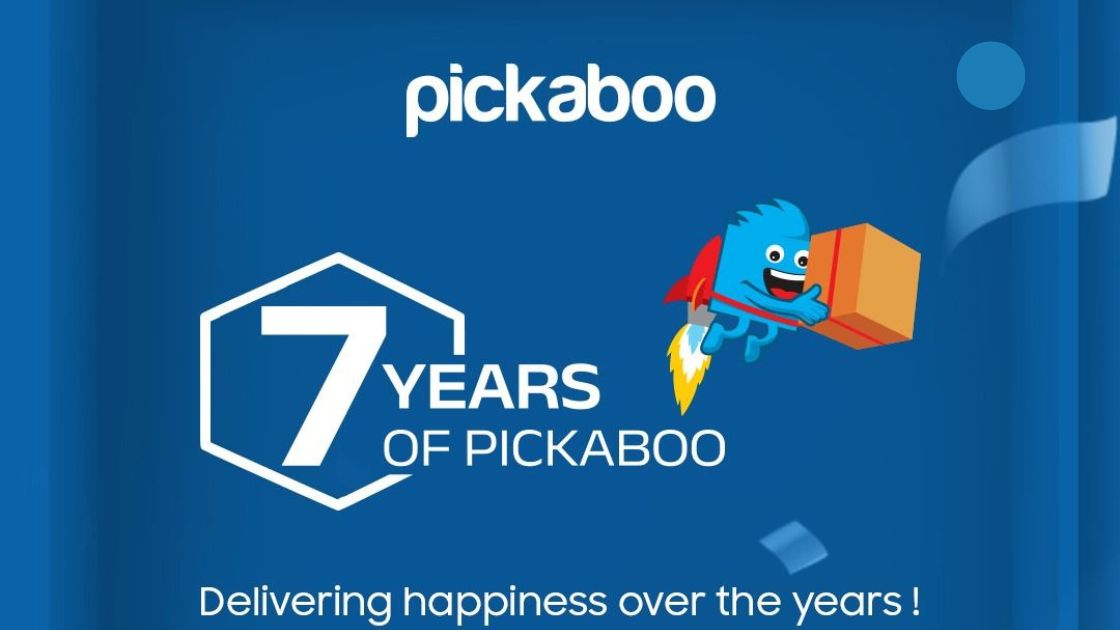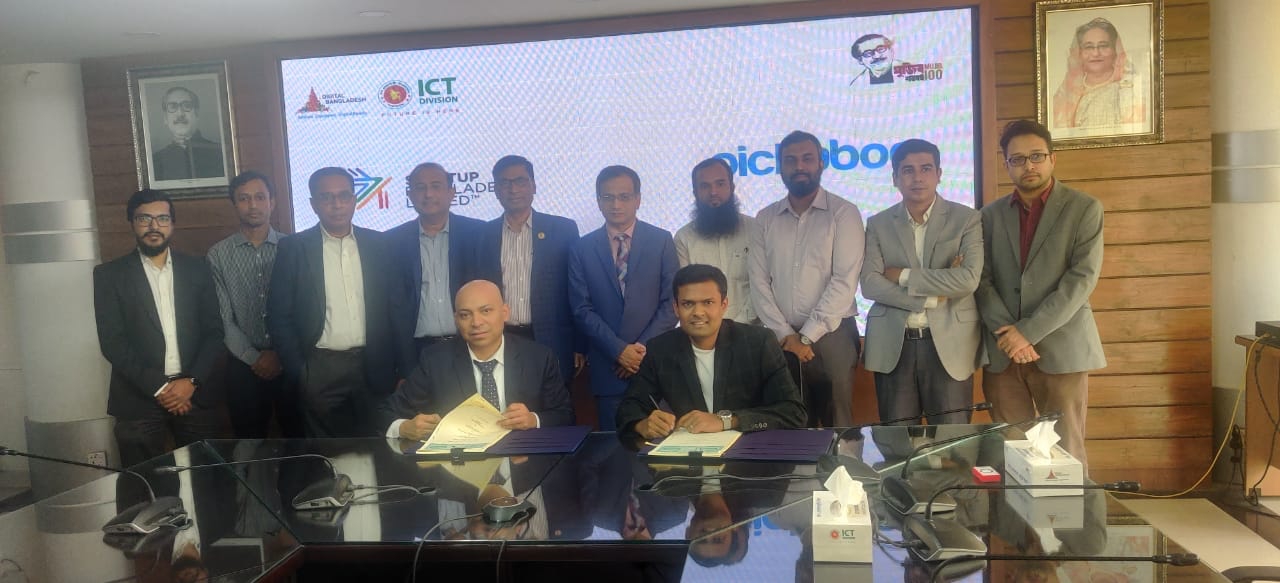
Pickaboo, the leading omnichannel mobile and electronics products-focused e-commerce startup in Bangladesh, turned 7 years old this month.
I have a fascination for things that last. I think many people are fascinated by lasting things. In the world of startups, seven years is a long time and is also indicative of the enduring potential of an organization. As the ‘Lindy effect’ suggests, “the longer a non-perishable item such as an idea, technology, or organization has been around, the longer it's likely to persist into the future.” On its 7th anniversary, we hope Pickaboo will build an enduring organization that will last 100 years if not more.
Pickaboo was founded in 2016. The company quickly became one of the leading e-commerce players in Dhaka. Excellent customer service, authentic products, and effective marketing helped the company quickly rise in the ranks of e-commerce competition. However, with every meteoric rise comes a moment of course correction. This was no different for Pickaboo. After its meteoric rise in the early days of e-commerce in Dhaka, the company suffered a series of setbacks owing to strategic missteps and other challenges.
But setbacks can make you stronger if you can endure them. As they say, “what does not kill you makes you stronger.” Likewise, Pickaboo came out of the challenges more resilient and has since bounced back to growth.
Out of the challenges, along with consistent growth, the company focused on building a sustainable business. This decision has served the company well, especially in today’s environment where raising funds has gotten tougher for startups due to the economic downturn and investors have started looking for solid fundamentals in startups they invest in.
The company has since evolved and refined its strategy, transforming its business towards a more sustainable orientation. Along with consistent growth, the company has since focused on building a sustainable business. This decision has served the company well, especially in the current environment where raising funds has gotten tougher for startups due to the economic downturn and belt-tightening across the board.
Today, Pickaboo has built a successful omnichannel business, expanded its dominance over mobile and gadgets, broadened its product offerings within the mobile and electronics products category, and aims to push the growth even further. The company has invented a new model at the intersection of e-commerce and physical retail to compensate for the slower growth rate of e-commerce in Bangladesh.
Early this year, Pickaboo raised $1.5 million in a pre-series A round from Startup Bangladesh Limited, the flagship venture capital company of the ICT Division of Bangladesh, and several other local and international investors.
Armed with a business model innovation, backing from prominent investors, strategic category expansion, and growing ambition to solidify its market position in the mobile phones and electronics space, Pickaboo is looking ahead to an eventful future.
In order to give you a sense of Pickaboo’s journey up until this day, we have put together a dossier comprising the most interesting pieces we published on the company over the past years. Hopefully, it will not only help you understand Pickaboo and its past but will also offer a sense of its future.

1. Pickaboo’s sustainable growth strategy accrues high returns amid a changing market current
Explores how Pickaboo has shifted its strategy from buying growth to building growth. “Building growth is taking the difficult route of achieving growth through sustainable strategies that create a path for long-term growth. Buying growth is rather simple. You pay for easy growth such as rampant discounts without much strategic thinking that ends as soon as you cut discounts. Pickaboo has chosen building growth as a strategy instead of buying growth.”
2. Pickaboo prepares for accelerated growth
3. How Pickaboo Has Built a Destination Platform for Mobile Phones and Gadgets
Explores Pickaboo’s single-category strategy and upsides of focus.
4. Pickaboo Takes a Different Approach to Growth, Focusing on Customer Service and Trust Building
Explores how Pickaboo has been trying to build a lasting growth strategy instead of competing on the discount play.
An interview with Pickaboo CEO Morin Talukder explores Pickaboo’s evolving omnichannel retail strategy.
6. How Pickaboo Has Put Superior Customer Service at The Heart of Its Operation
Explores Pickaboo’s unique strategy to win by offering superior customer service.
7. Inside Pickaboo's Ambitious Retail Strategy
Explores the early days of Pickaboo’s foray into physical retail and its ambition in physical retail.
8. Pickaboo Brings Online-Offline Play To eCommerce
Investigates the genesis of Pickaboo’s omnichannel strategic thinking
